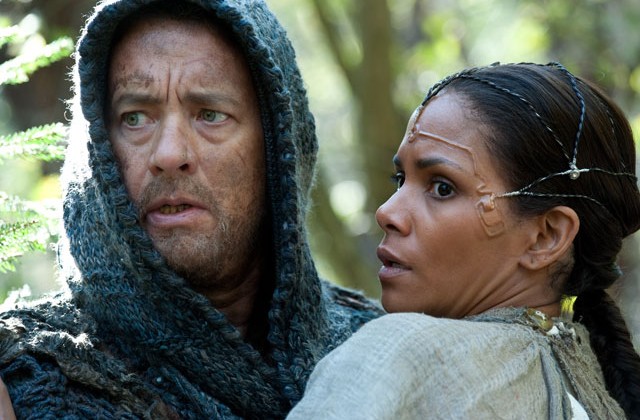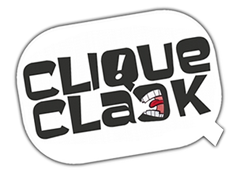What is Cloud Atlas?

‘Cloud Atlas’ is not a film that can be easily reviewed, but that doesn’t mean it’s not worth seeing.
Once in a great while, there comes a movie that defies description. Sometimes that’s a good thing, and sometimes it’s a bad thing. In the case of Cloud Atlas, it’s not only a good thing but an extraordinarily good thing. That’s not to say that the movie will be something everyone will enjoy, but anyone who really appreciates audacious film-making should appreciate every single moment in the film.
The problem with the movie, though, is that it really is unreviewable. But again, that’s a really good thing in this case because there is so much going on during the film’s nearly three hour running time that it would be impossible to boil it all down to a few paragraphs. Cloud Atlas is a movie that must be talked about after seeing it. Too many movies (pretty much anything that comes out of the Hollywood studio machine) are enjoyed in the moment and mostly forgotten almost by the time you’ve walked back to your car. Cloud Atlas definitely is not one of those films.
In the simplest of descriptions, Cloud Atlas — based on the novel by David Mitchell — spans a historical period of time of about 500 years from 1849 to 2321. In 1849, we meet a young man involved in a slave trade deal with his father-in-law. In 1936, a young composer leaves his lover to work for a famous composer in the hopes of honing his own musical skills. In 1973, a reporter is about to blow the lid off of a cover-up involving safety violations at a nuclear power plant in San Francisco. In 2012, a publisher finally hits it big when his client writes a terrible book, but throws an offending critic off of a penthouse balcony and then has to hide out when the author’s “friends” come to collect the money he’s due. In 2144, a young woman learns the shocking truth about herself and the life she was “born” in to. And in 2321, civilization has fallen and become tribal and quite dangerous for some.
But how do these stories tie together? Do these stories tie together? The answer, surprisingly, is yes. What I found so amazing while watching the film was that each segment in each era seemed to be tied together at the edit point by some connecting piece of material — a door, a sound, someone speaking — so that it never feels disjointed. The whole concept of jumping from era to era never feels pretentious either. With some films, you can tell that the director is just trying way too hard to get some Oscar recognition with his style, and I never felt that the Wachowskis or Tom Tykwer (the film’s co-directors) were ever sacrificing the story for their concept. Why they chose to take the stories from the book, which are unbroken and in chronological order, and present them as intertwining is another question, but the result was a success.
Thinking back on the film a few days after seeing it, and after talking with others who have seen it, you start to put the pieces together … at least as much as you can with a single viewing. You start to ask yourself what the film was about, and to me, it’s about taking a stand against something and doing the right thing. In the 1849 segment, slavery is the issue. In 2144, it’s also about a kind of slavery, and you can see in the other segments that slavery or some sort of bondage is a theme. It’s also interesting to note that the printed word also ties each era to the other — a journal, love letters, a novel. Look closely and you’ll see these things occur from one era to the next. Of course, the comet-shaped birthmark is also a linking device, but whether it signifies some relationship between characters in each era (and none of them seem to have any kind of blood relationship), the idea of reincarnation, or just a divine occurrence is something that may become clearer with repeat viewings. The power of love is also a very prominent theme in each era, and some love stories end happily; others tragically. Even though I’m still not 100% sure as to what the whole meaning of the film is, I still felt a wave of emotion come over me by the end of the movie.
 CliqueClack
CliqueClack